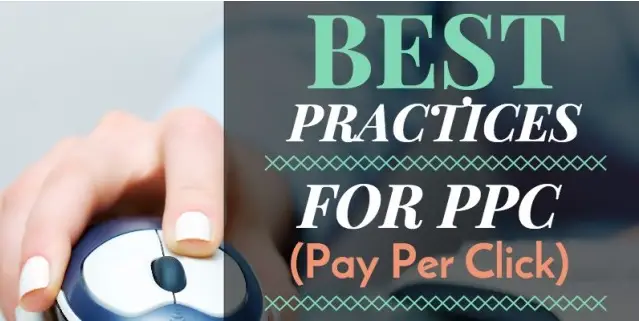These days, running a business without an online presence is the equivalent of delivering pizzas using a horse and buggy. Sure, technically it’s possible, but one will start out vastly behind the curve, and any customers acquired will only see the business as a novelty operation. Of course, one would be hard-pressed to find a small business team that didn’t understand the internet’s importance, and consequentially improving one’s Google SEO (search engine optimization) has become crucial to business success. Alicia Lawrence, Content Coordinator for webpageFX, shares an overview of keywords, providing explanation of both what keywords entail and how to use them efficiently in this week’s Shweiki Media webinar.
or Click here to download the audio podcast of this presentation.
What is a keyword?
When a search engine user wants to locate a particular piece of information, they input information in as a query. That query then scours the net-sphere matching up with resulting keywords. From a business perspective, a keyword is anything that one would imagine the customer looking up.
How many keywords do you need?
It’s recommended that a business (depending on size) use about three keywords per page, and it’s very important to consider keyword variation as well, considering synonyms, plurals, etc.
Long Tail Keywords
“You want to make sure that you’re not only getting visitors, but you’re getting the right kind of visitors (the ones that will convert).. Every site should have an ultimate goal, whether it’s to get customers to sign up for newsletters, buy a product, or spend a particular amount of time reading information over the page. These goals we call conversions.” For example, if one was searching to buy a new car and decided they wanted a Ford, they’d type “Ford” into a search engine. Then, perhaps, they decide that they want a Ford Mustang, since they have type of car currently and really enjoy it. Then, they’d enter “Ford Mustang” into the search engine. But maybe, after all that searching, one decides that instead of buying a new car, they’ll just refurbish their current one. Then one would search for “2009 Ford Mustang parts.” It’s at the point now where one knows exactly what they want to buy. That specific search term–2009 Ford Mustang parts–would qualify as a long tail keyword, because it’s going to result in a higher conversion rate.
Long tail keywords are these specific keyword phrases that improve conversions. Because they are detailed, the user entering that query knows what he/she is looking for (and is most likely to participate when your product/service is shown). But how does one go about finding these searchable keyword phrases?
Keyword Discovery
All keyword search-ability starts in one’s Google analytics page. Google’s designed analytics to directly help the user improve their SEO. Multiple reports are available that show business owners (from organic search) what people are searching for, and what queries they entered that eventually turned into conversions on one’s site.
Google Search Suggestions
Another technique Alicia suggests is designing keywords around Google search suggestions. One simply goes to their chosen search engine, starts typing a potential keyword, and lets Google’s drop down menu project the most typed inputs. Once one definitely knows what others are looking for, they can build their keywords around the most popular inputs.
Competitor Keyword Analysis
When finding different competitive keyword analysis, Alicia mainly employs two sites, semrush.com and Open Site Explorer. She describes semrush as a more complete comprehensive tool, but still praises Open Site Explorer for its back-linking technology. Back-linking is reverse engineering a keyword by finding out what term one’s competitors are linking from.
KOB Ration (Keyword Opposition to Benefit)
After one discovers one’s competitor analysis, the next step is choosing one’s online battle. If a competitor has a certain keyword (or long tailed keyword) monopolized (or perhaps oligopolized) then one probably wouldn’t want to use that exact keyword in their marketing.”Compare the opposition to the benefit of that keyword, and use the ones that will be the most doable and have the most efficiency.”






